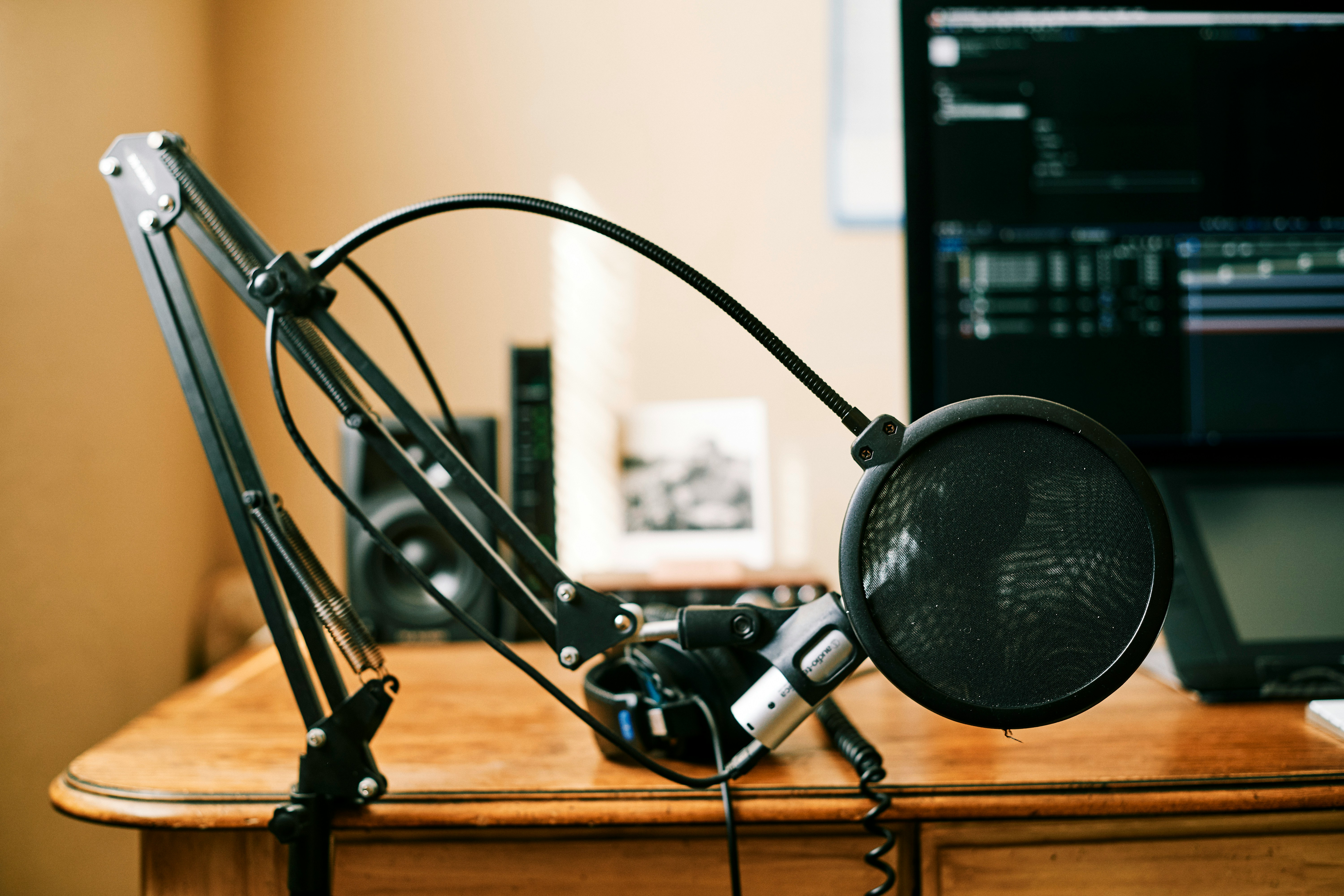.svg)
In 2005, a research team from Sweden discovered that coffee consumption may reduce the risk of Type 2 diabetes. The study showed that those who drink moderate amounts of coffee have a 25% lesser chance of developing diabetes compared to non-drinkers. This discovery threw the world into a frenzy, and coffee sales skyrocketed. But beyond its health benefits, many people wonder: does coffee make you more productive?
Research shows that coffee can enhance focus and alertness, the key ingredients for efficiency and productivity. The CEO of Tesla and SpaceX, Elon Musk, relies most on coffee to keep up with his demanding work. He quite successfully runs six companies. American filmmaker David Lynch drinks seven cups of coffee daily to fuel his brain and bring those amazing flicks. Surely, there must be something in this bitter brown beverage.
There is a strong connection between caffeine and brain function. More than just a popular beverage, coffee acts as an energy booster. Research shows that moderate coffee consumption enhances concentration, alertness, and performance at work. This happens mainly because of caffeine—the main psychoactive constituent of coffee, responsible for blocking the adenosine receptors in the brain, thus fending off drowsiness and increasing alertness. These influences make work efficiency improve dramatically even in strenuous environments.
How does caffeine increase productivity? The effectiveness of coffee on productivity lies in its chemistry. As a stimulant, caffeine affects the central nervous system, blocking adenosine’s impact on nerve activity. The result is an increased release of dopamine and norepinephrine, increasing concentration and energy. According to Caffeine Blues by Stephen Cherniske, the above chemical interactions make coffee the best beverage to increase productivity.
The coffee boost is not a myth. The caffeine content in your coffee gets absorbed so fast into the bloodstream that peak levels are reached within 30-60 minutes. This enhances a wide variety of brain functions, including memory, mood, vigilance, and reaction times. For instance, the 212 mg of caffeine in a shot of espresso can immediately give you the alertness you need on a busy workday.
Build a routine in your day that includes coffee breaks. Regular breaks can help you relax and sustainably maintain coffee-driven productivity during the day. According to the BMJ, this approach may help avoid mental fatigue and increase overall efficiency at work. Another productivity technique aligned with strategic coffee breaks is the Pomodoro Technique, which emphasizes regular breaks to power productivity.
It is important to track down the amount of caffeine in your beverage to optimize your productivity. Verywell Health explains that a standard cup of brewed coffee contains approximately 95 milligrams of caffeine. A shot of espresso contains only 63 milligrams. That difference in caffeine between a shot of espresso and a brewed mug might make all the difference in how you pace yourself through the day. Precisely tuning in the amount of caffeine based on your workload and energy levels will boost your productivity.
To derive maximum productivity from coffee at work, one is supposed to add cinnamon to the brew. The benefits of cinnamon to coffee include increased cognitive functioning, which is attributed to the antioxidants. This balances the blood sugar hence providing a more stable flow of energy as opposed to rapid highs and lows. Coffee must be taken in moderation, as excessive intake can make you sleepless and confused. You should also stay hydrated, or else you’ll deal with those nasty headaches.
There are so many myths surrounding coffee and work efficiency. But the most important thing to note here is that though it can improve your alertness and focus, too much caffeine intake can make you jittery and less productive. Some people believe that apart from helping with things in the office, coffee can help with things in the bedroom too. Quite strangely, science does prove that caffeine indeed raises the desire for sex, which makes this theory somewhat legitimate. But that’s a topic for another day.
Conclusion
Does coffee make you more productive? Yes, it does. Coffee boosts brain power. So, to increase productivity, consider adding coffee breaks to your work schedule and find ways to maximize the caffeine boost per cup. Beware, though, that good nutrition and proper hydration are vital in this whole strategy.
.svg)

In 2005, a research team from Sweden discovered that coffee consumption may reduce the risk of Type 2 diabetes. The study showed that those who drink moderate amounts of coffee have a 25% lesser chance of developing diabetes compared to non-drinkers. This discovery threw the world into a frenzy, and coffee sales skyrocketed. But beyond its health benefits, many people wonder: does coffee make you more productive?
Research shows that coffee can enhance focus and alertness, the key ingredients for efficiency and productivity. The CEO of Tesla and SpaceX, Elon Musk, relies most on coffee to keep up with his demanding work. He quite successfully runs six companies. American filmmaker David Lynch drinks seven cups of coffee daily to fuel his brain and bring those amazing flicks. Surely, there must be something in this bitter brown beverage.
There is a strong connection between caffeine and brain function. More than just a popular beverage, coffee acts as an energy booster. Research shows that moderate coffee consumption enhances concentration, alertness, and performance at work. This happens mainly because of caffeine—the main psychoactive constituent of coffee, responsible for blocking the adenosine receptors in the brain, thus fending off drowsiness and increasing alertness. These influences make work efficiency improve dramatically even in strenuous environments.
How does caffeine increase productivity? The effectiveness of coffee on productivity lies in its chemistry. As a stimulant, caffeine affects the central nervous system, blocking adenosine’s impact on nerve activity. The result is an increased release of dopamine and norepinephrine, increasing concentration and energy. According to Caffeine Blues by Stephen Cherniske, the above chemical interactions make coffee the best beverage to increase productivity.
The coffee boost is not a myth. The caffeine content in your coffee gets absorbed so fast into the bloodstream that peak levels are reached within 30-60 minutes. This enhances a wide variety of brain functions, including memory, mood, vigilance, and reaction times. For instance, the 212 mg of caffeine in a shot of espresso can immediately give you the alertness you need on a busy workday.
Build a routine in your day that includes coffee breaks. Regular breaks can help you relax and sustainably maintain coffee-driven productivity during the day. According to the BMJ, this approach may help avoid mental fatigue and increase overall efficiency at work. Another productivity technique aligned with strategic coffee breaks is the Pomodoro Technique, which emphasizes regular breaks to power productivity.
It is important to track down the amount of caffeine in your beverage to optimize your productivity. Verywell Health explains that a standard cup of brewed coffee contains approximately 95 milligrams of caffeine. A shot of espresso contains only 63 milligrams. That difference in caffeine between a shot of espresso and a brewed mug might make all the difference in how you pace yourself through the day. Precisely tuning in the amount of caffeine based on your workload and energy levels will boost your productivity.
To derive maximum productivity from coffee at work, one is supposed to add cinnamon to the brew. The benefits of cinnamon to coffee include increased cognitive functioning, which is attributed to the antioxidants. This balances the blood sugar hence providing a more stable flow of energy as opposed to rapid highs and lows. Coffee must be taken in moderation, as excessive intake can make you sleepless and confused. You should also stay hydrated, or else you’ll deal with those nasty headaches.
There are so many myths surrounding coffee and work efficiency. But the most important thing to note here is that though it can improve your alertness and focus, too much caffeine intake can make you jittery and less productive. Some people believe that apart from helping with things in the office, coffee can help with things in the bedroom too. Quite strangely, science does prove that caffeine indeed raises the desire for sex, which makes this theory somewhat legitimate. But that’s a topic for another day.
Conclusion
Does coffee make you more productive? Yes, it does. Coffee boosts brain power. So, to increase productivity, consider adding coffee breaks to your work schedule and find ways to maximize the caffeine boost per cup. Beware, though, that good nutrition and proper hydration are vital in this whole strategy.

.jpg)
